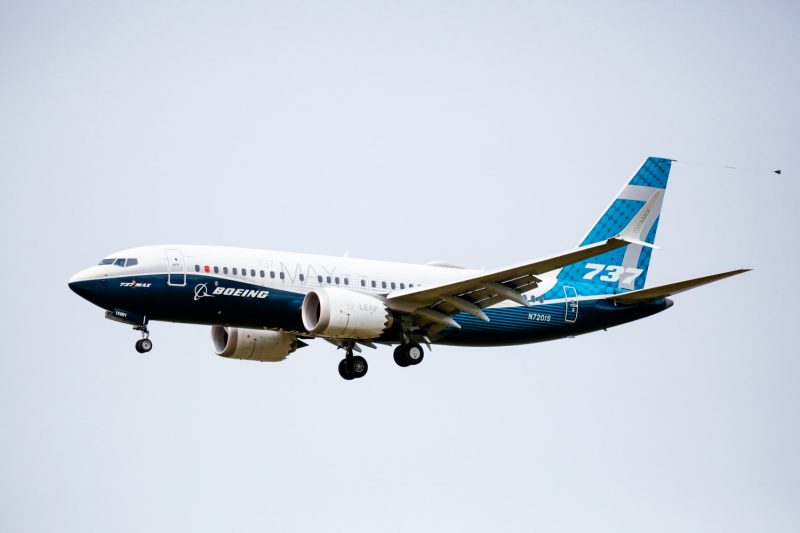Undoubtedly, in recent events revolving around the aircraft industry, the most stirring episode has been the courtroom proceedings involving the global airplane manufacturer, Boeing. In a bewildering turn of events, the courts have chosen not to accept Boeing’s plea deal related to the fatal 737 Max crashes that were a grim landmark in aviation history.
Boeing had proposed a settlement plan as part of their accountability efforts, only to face rejection on the grounds of perceived inadequacy. This set in motion a new chapter filled with uncertainty and judicial scrutiny for the corporate giant. The plea deal was to be pursued in lieu of the accusations Boeing faced from multiple corners, particularly the bereaved families of the crash victims.
In truth, this was a plea deal that pivoted on matters beyond strictly financial compensation. Often these offers have mitigatory elements attached that are primarily geared towards reducing the severity of sanctions or penalties. The rejected deal specifically involved Boeing’s deferred prosecution agreement which the company had agreed upon with the Department of Justice in January 2021. This plea agreement sought to avoid potential future litigation costs and the undermining of the company’s global reputation.
Under the deferred prosecution agreement, Boeing admitted to deceiving the Federal Aviation Administration (FAA) about a key safety feature on the 737 Max known as the Maneuvering Characteristics Augmentation System (MCAS). This system was found to be partially at fault for two of the crashes that left 346 people dead, sending shivers down the aviation industry’s spine. The aircraft manufacturer agreed to pay $2.5 billion in damages, including over $500 million to a victims’ compensation fund.
The court’s decision symbolizes a measure of justice promised to the families affected by the crashes. It may stimulate Boeing’s internal reforms around transparency and safety, particularly such oversights shrouding essential safety measures. While the immediate verdict is potentially detrimental to Boeing, it embeds an urgent call to action for the company to revisit the safety of its working protocols and consumer commitments.
The formation of judiciary resistance against Boeing’s plea infers an intricate scenario. Essentially, it paints a picture of dynamic corporate accountability determined not only by corporations themselves, regulatory bodies or market competition, but also judicial review. This interplay of forces enriches the contemporary discourse around corporate responsibility, particularly critically evaluated in the wake of consumer harm or loss.
Moving forward, Boeing’s strategies to reconcile its tarnished reputation and the families’ grief will remain under the global spotlight. Handling the court’s decision and its future implications is a test of the firm’s corporate integrity and resilience. This includes investigating lapses in both the 737 Max’s design and the broader company’s ethical and safety standards essential for global aviation safety. On a broader scope, the court’s action underlines the significance of ensuring responsible business conduct beyond mere legal compliance to foster faith and trust in stakeholders’ eyes.
To summarize, the court’s rejection of Boeing’s plea deal marked a decisive turn in the unfolding 737 Max saga. In doing so, it has stimulated reflections on the accountability exercised in the corporate world. The decision primarily signifies the judiciary’s stance towards reinforcing a safer, more transparent corporate landscape that values its stakeholders’ welfare above everything else.




